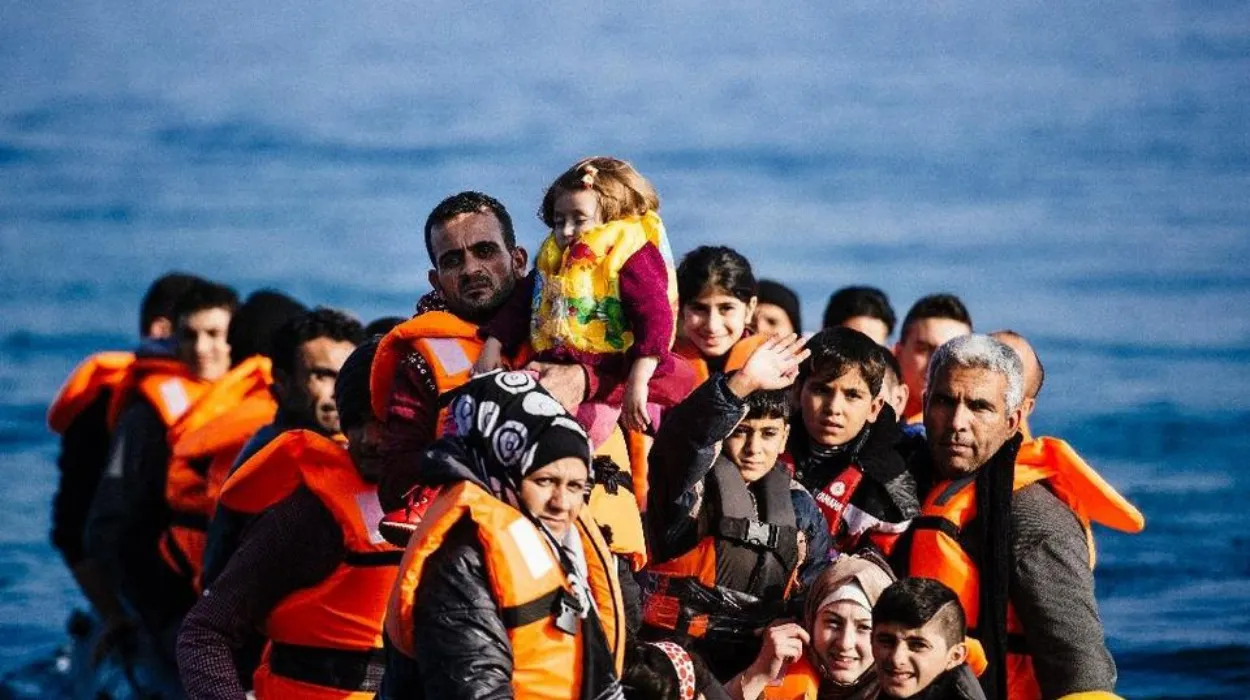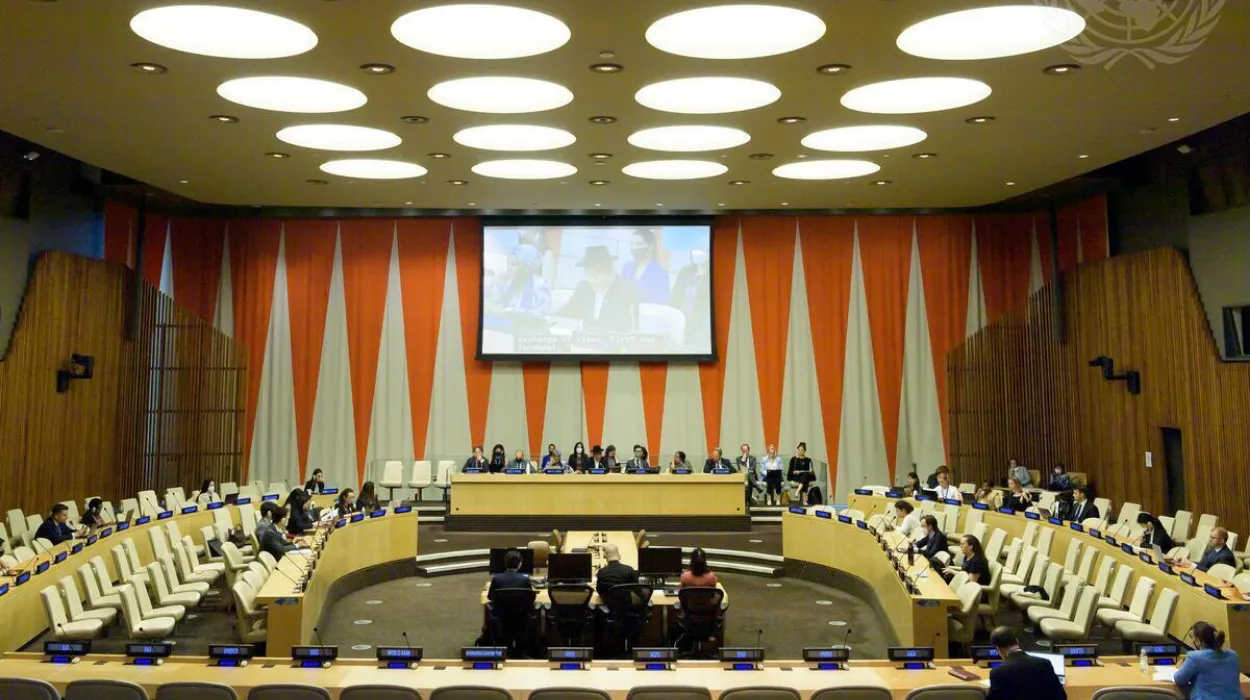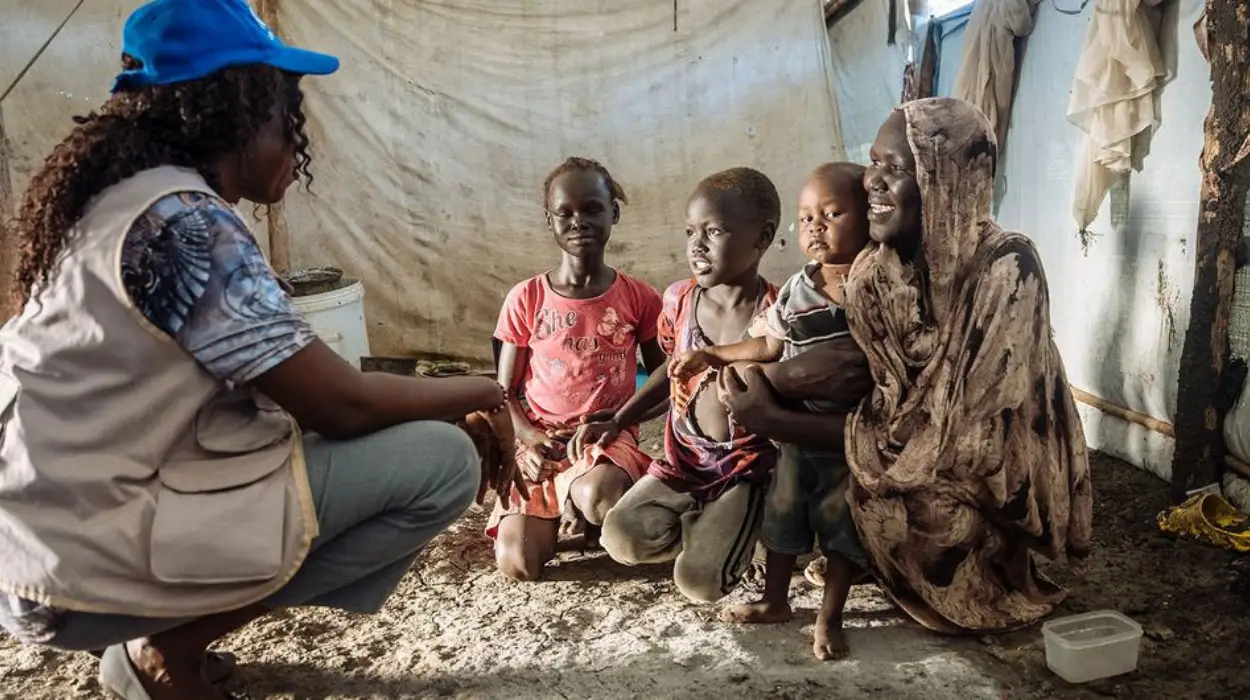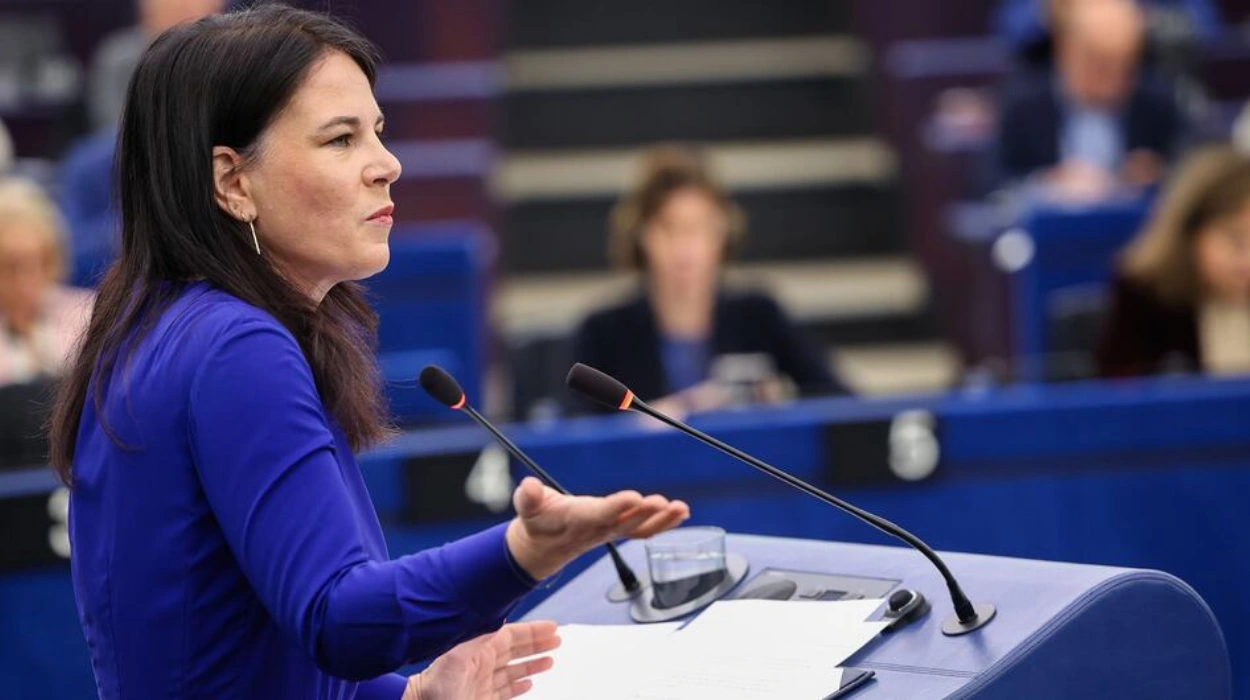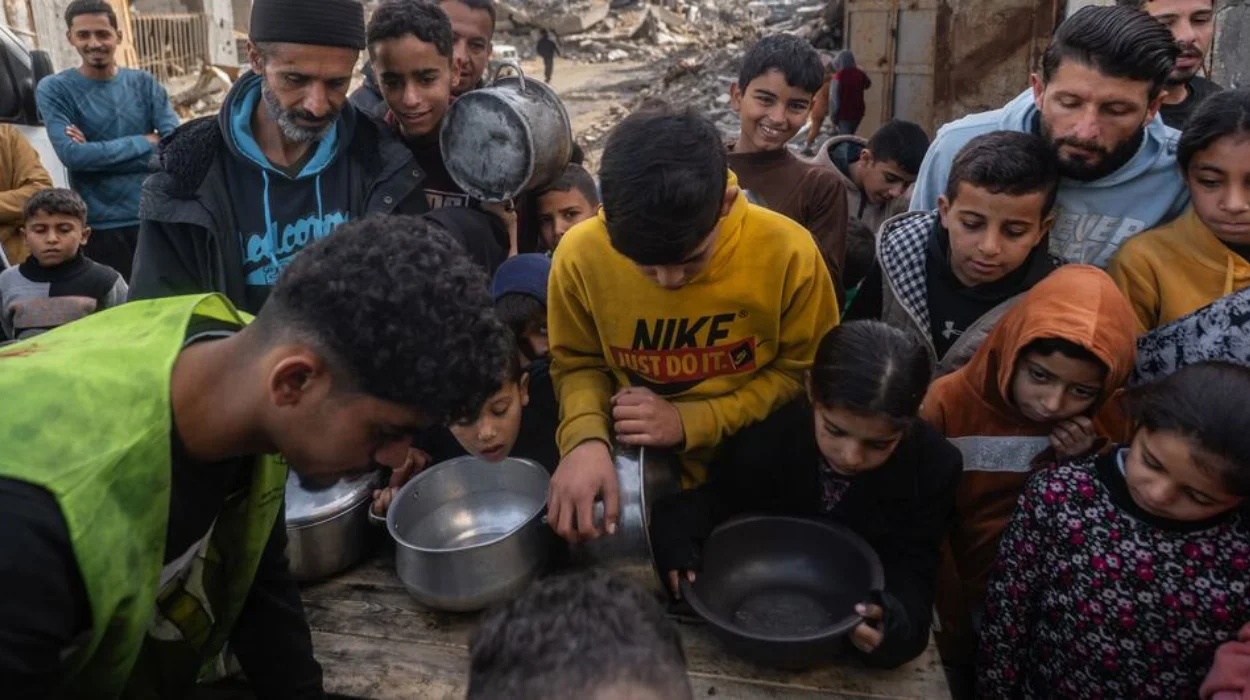The United Nations Security Council renewed sanctions of the Central African Republic (CAR) in July 2025 due to ongoing security concerns, trafficking of arms, and political uncertainties. Although these sanctions seek to contain violence and stabilize governance, extending sanctions once again brings about old-fashioned discussions on national sovereignty, humanitarian, and the success of international intervention in post-conflict states. The 2025 decision has more implications to the UN policy and African regional diplomacy because it faces renewed tensions between Western powers and African governments over the scope and impact of such restrictions.
Background and Justification for the Sanctions
In 2013, the UN imposed sanctions in the form of arms embargo and travel bans on CAR after a violent coup that broke out in CAR as well as resultant civil war that divided the country based on ethnicity and religion. Although calm has been restored in some parts of the country, recent reports by a UN panel of experts reveal that there has been rising activities in smuggling of arms, armed group violations and negligible official control beyond the capital, Bangui. Such a turn of events has made the Security Council believe that the early lifting of sanctions might wipe out wavering success.
In 2025 France and the United States called to extend the year, which is justified by the comprehensive evidence of the continued arms influx by the neighboring states and the spread of the militia activity to the regions of major importance. China and Russia were among those that were hesitant, yet they ended up abstaining as opposed to vetoing, which marked continued tension when it comes to international consensus in the application of sanctions.
Regional Reactions and Sovereignty Concerns
This was strongly opposed by the CAR government with the support of the African Union (AU) and the Economic Community of Central African States (ECCAS) that were opposed to the extension. President Faustin-Archange Touadera has stated that sanctions limit the capacity of the Central African state to arm up its army and the police, which in turn hamper their efforts to bring trouble spots to heel. The AU, in a joint statement, highlighted the fact that further exercise of outside controls undermines national sovereignty, and impedes post-conflict rebuilding.
The states of Cameroon, Chad and Republic of Congo shared these sentiments asserting that the establishment of regional or localized security systems must be used instead of the general UN sanctions. This response illustrates broader African grievances about the Security Council’s disproportionate influence by non-African states and its failure to adapt its mechanisms to evolving African contexts.
The Role of Mercenaries and Geopolitical Undercurrents
Another aspect of the conflict is that Russian mercenaries have become increasingly involved in CAR, specifically the Wagner-linked mercenaries who provide security services to the CAR government. Western powers use this development as an excuse to maintain oversight and are concerned that the free flow of arms may entrench their authoritarian regime and make them even more volatile.
In its turn the focus on the role of mercenaries is deplored by Moscow and Beijing as it mixes more significant issues, such as the reconstruction of state infrastructure, promotion of disarmament efforts, and the local peace building. The Security Council’s divided stance reflects a broader breakdown in geopolitical consensus following major global realignments in the wake of the Ukraine conflict and China’s expanded influence in Africa.
Humanitarian and Economic Implications
UN sanctions, especially arms embargo, usually backfires against the humanitarian missions. Aid agencies in CAR complain that compliance with sanctions regimes has delayed logistics, so they struggle to get life-saving equipment into the conflict areas. A 2025 report of the organization Medics Sans Frontiers noted that the timely acquisition of armored transport mediums to drive medical teams to the scene is often delayed putting the staff in danger and delaying the delivery of relief.
Already, the country has the problems of illicit mining, smuggling as well as minimal foreign investment in its economy; this enhances the pressure on its economy. Sanctions have reduced the chances of CAR in accessing international sources of credit and being tapped with big infrastructure projects. Corruption is a common pitfall, but the scarcity of funds and money is a setback towards greater development, thus, decreasing the power of armed groups.
International Law and the Debate Over Conditional Sovereignty
The essence of the debate over sanctions can thus be seen to be a tension between two principles namely: the need to maintain international peace and security and the rights of sovereign states to be left to decide what to be done with regard to the management of their affairs. The security council may take action by imposing measures which endanger the stability of the international situation under chapter seven of the UN charter. Nonetheless, the critics maintain that the application of such measures lacks timeline and objective criteria upon exit.
The situation in CAR is no different in that civil society groups have demanded a sanctions roadmap; a roadmap whereby demonstrable improvements in governance and security is correlated to consequential contingencies of sanctions sanctions lifting at the appropriate pace. Under these circumstances, sanctions may become a kind of permanently usable tool of external pressure and destroy legitimacy as well as lasting effectiveness.
Diplomatic Pathways Forward
Several African and European diplomats have proposed a hybrid model for 2026: maintaining targeted sanctions on known militia leaders while gradually lifting broader embargoes to enable state security reforms. This approach seeks to balance accountability with empowerment of national institutions. The UN Secretariat has indicated willingness to reassess the regime ahead of the next review, contingent upon independent verification of progress.
Moreover, initiatives led by ECCAS and the AU aim to establish a regional oversight mechanism that would provide security assurances while localizing the enforcement and monitoring processes. These suggestions can provide a guideline towards transforming UN peacebuilding into less punitive patterns to cooperation.
The extension of the UN sanctions against the Central African Republic in 2025 presents one of the thorny junctures of international intervention in fragile states. It reaffirms the theme of realizing the dilemma of enforcing peace amidst sovereignty guidelines and expounds on the increasing lack of alignment between international security agencies and the priorities phrased by African regions. As to whether the next stage of CAR to recovery should be driven by cooperation or by confrontation we may find that it all depends upon the extent of the flexibility-and inclusivity in which the UN cares to change tools to fit it to 21st century conflict behavior.


